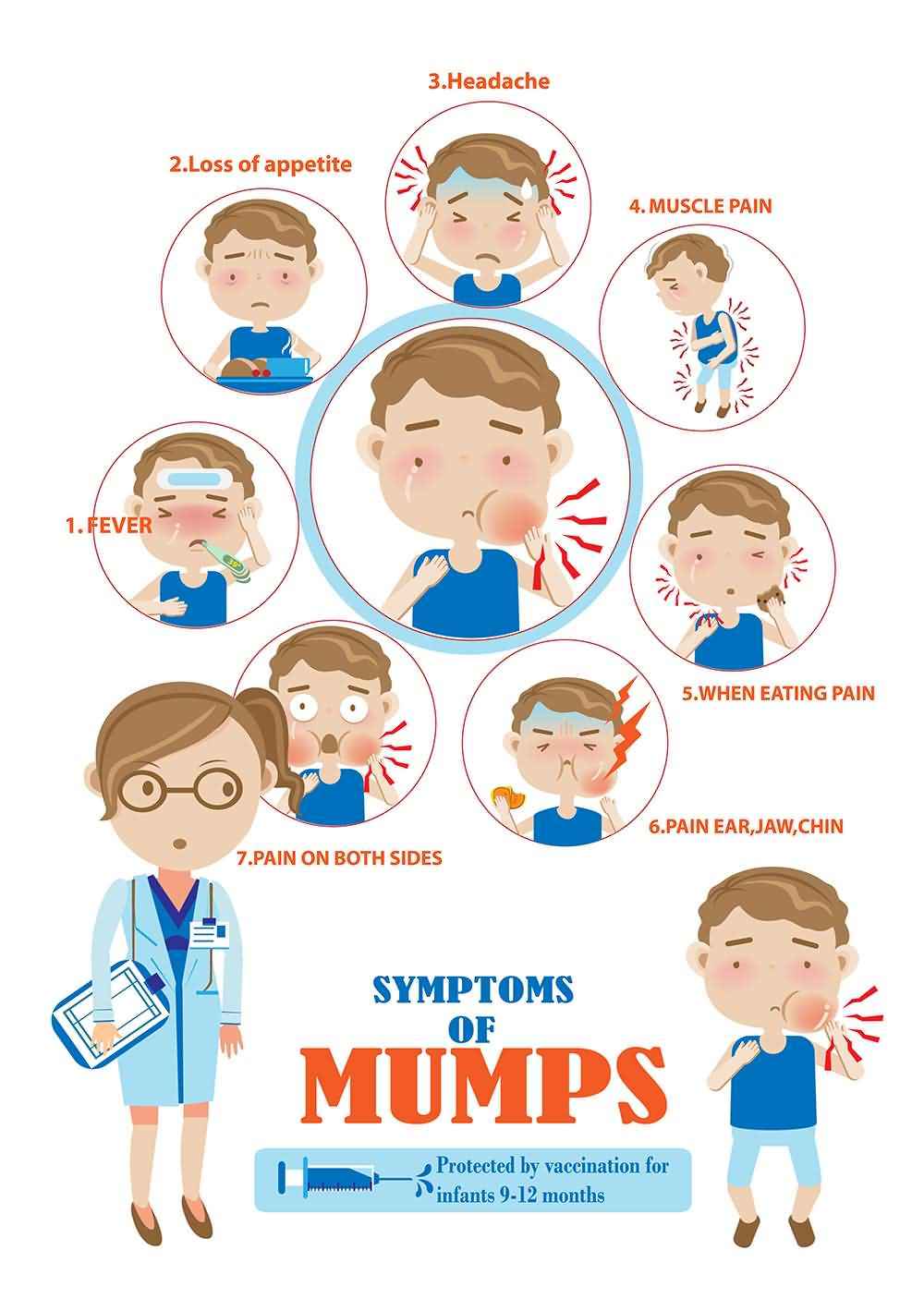Encephalitis

The inflammation of the brain is called encephalitis. It is another commonly reported neurological manifestation of mumps infection. Non- vaccinated children and people with a decreased immunity are at severe risk of developing this complication. Encephalitis is difficult to diagnose in children, but modern techniques like MRI and CT scan have solved a lot of such problems. Headache, nuchal rigidity and stiffness of the limbs are some of the major symptoms of encephalitis. It is essential to differentiate it from meningitis, as most of the symptoms overlap between both neurological disorders. In severe cases, hallucinations, seizures, mental disorientation, and memory loss can occur. Steroids are given in order to mitigate the inflammation. Apart from this, management is purely symptomatic. MRI and CT scan can prove to be very helpful for the doctor to reach to the proper diagnosis. You need to get immediate care if you are suffering from these severe symptoms, such as seizures, hallucinations and memory loss.
Conclusion

Mumps is a viral infection of the parotid gland produced by paramyxovirus. Major symptoms are fever, headache, muscle ache, and general fatigue, but the classical signs are painful mandibular swelling near the jaw and just below the ear. Minor symptoms or complications of the disease are orchitis, oophoritis, meningitis, encephalitis, dysphagia and difficulty to chew food. Symptoms start appearing within 1-2 weeks of the infection. Mumps and its complication are more common in children of age 5-14-years. Unimmunized children with decreased immunity can develop severe complications like orchitis and meningitis. MMR vaccine is typically used to prevent this infection and its severe complications. If you suspect mumps infection or any of its warning signs or complications, it is critical to seek proper advice from your doctor.


